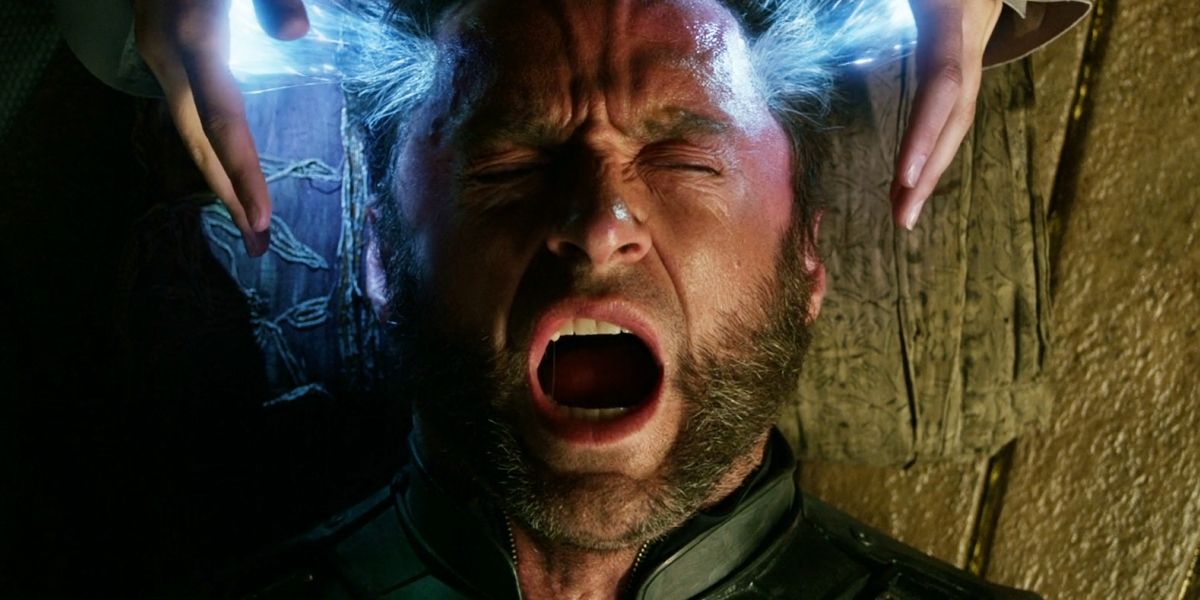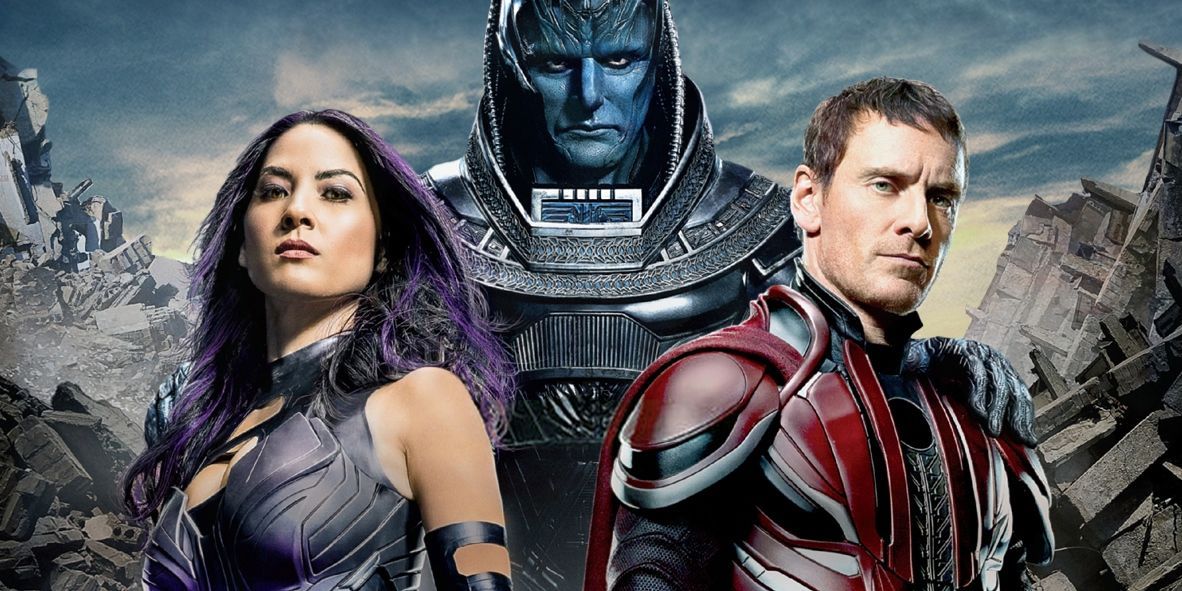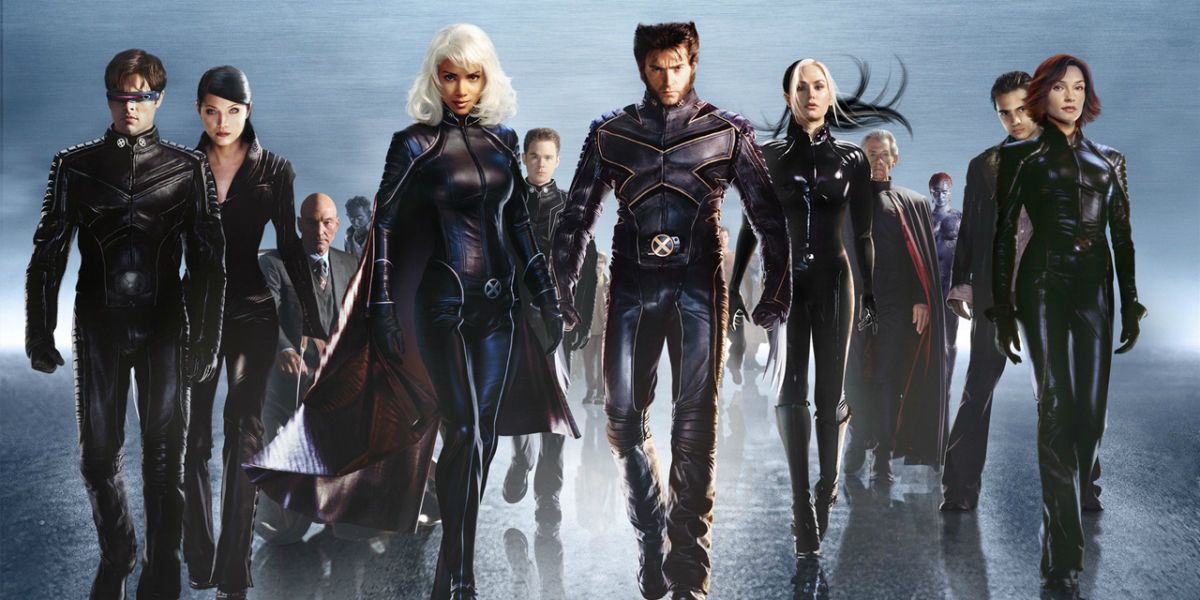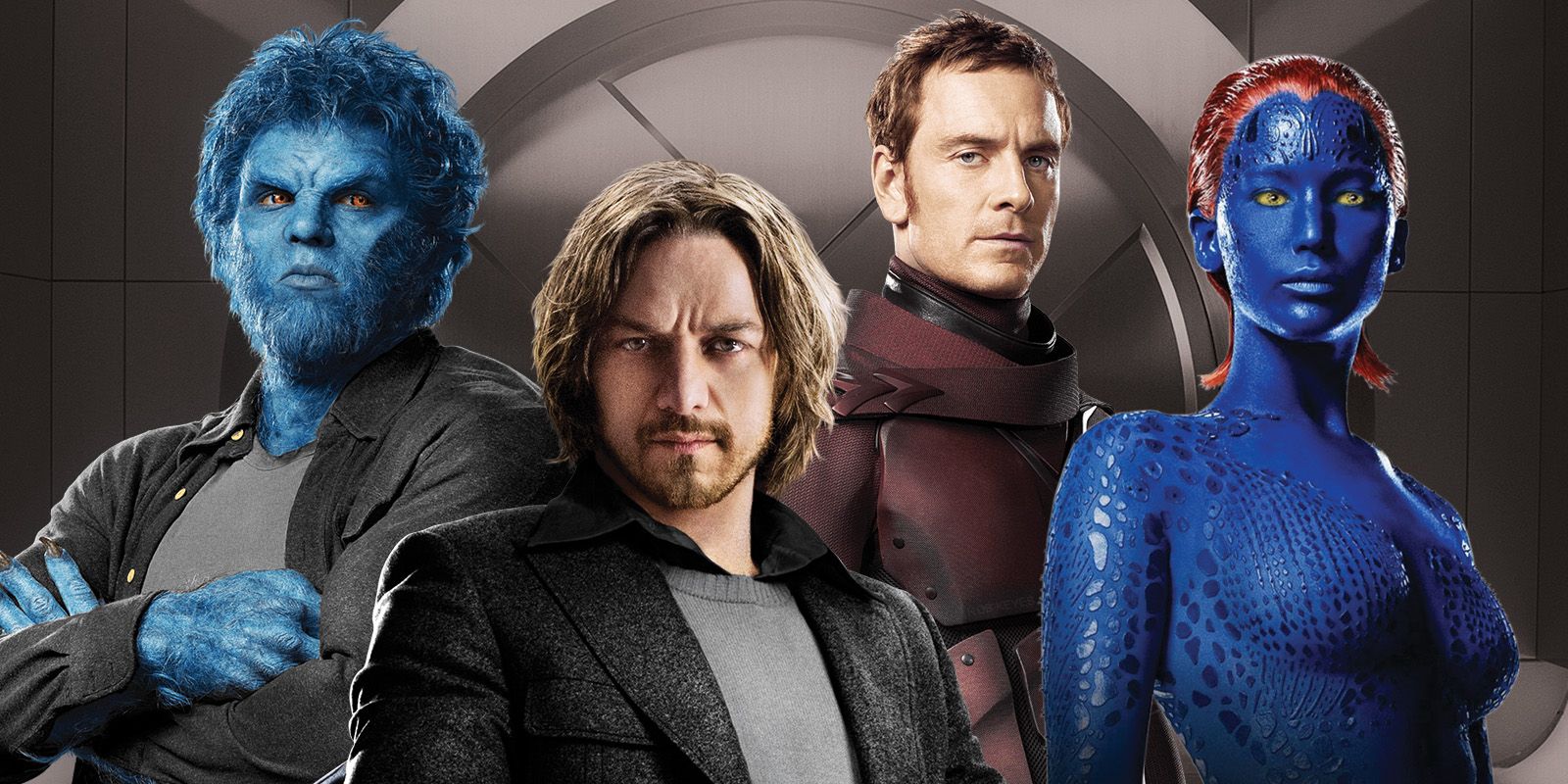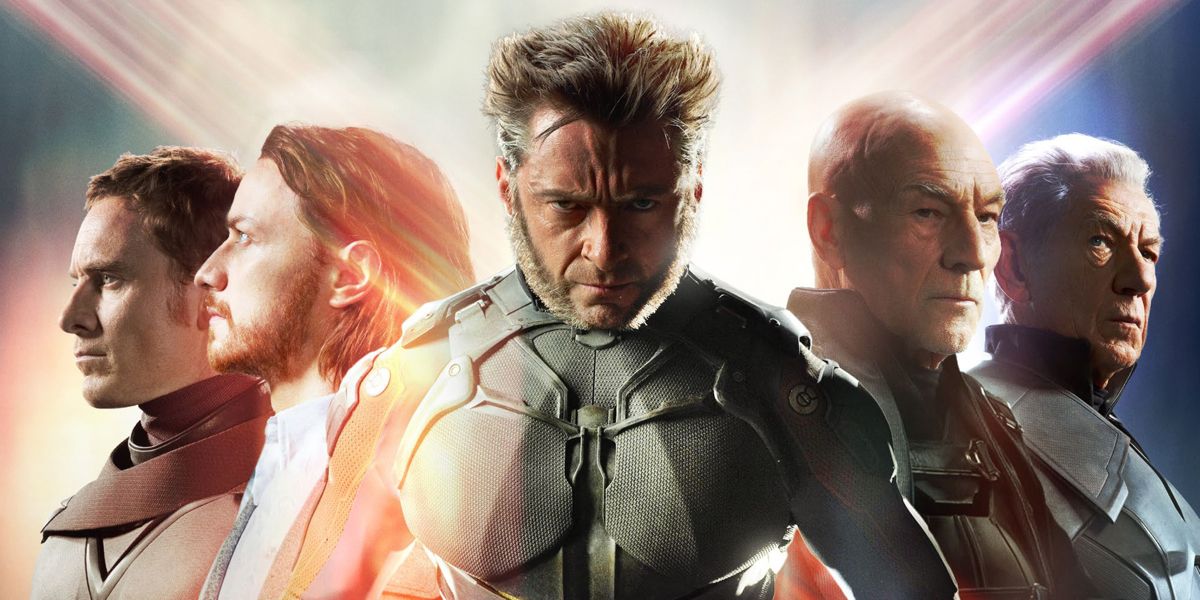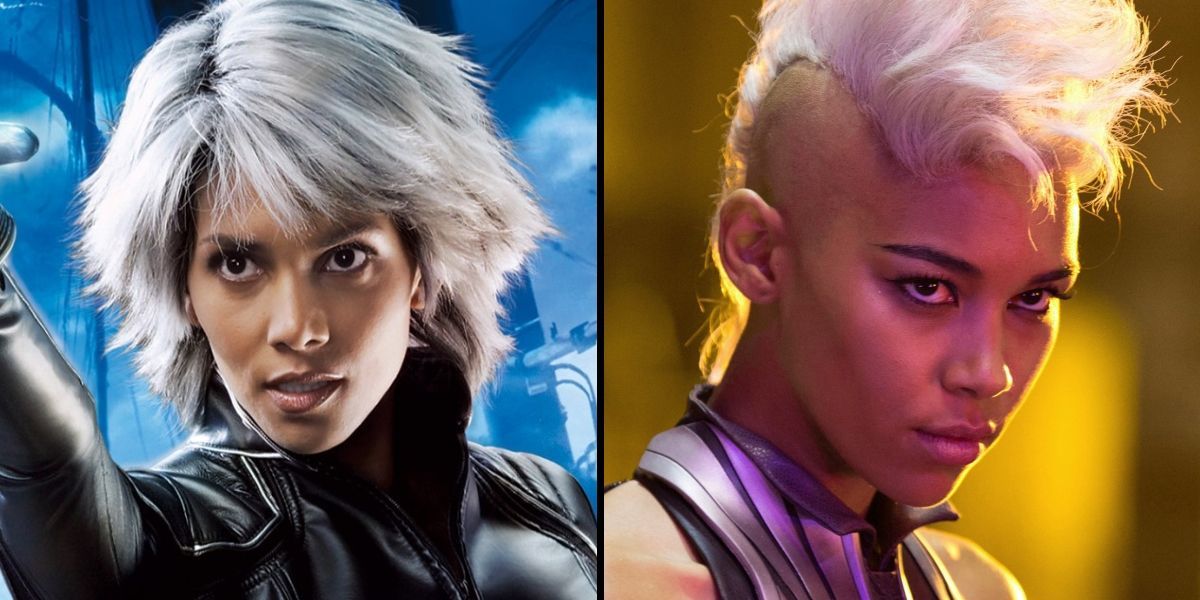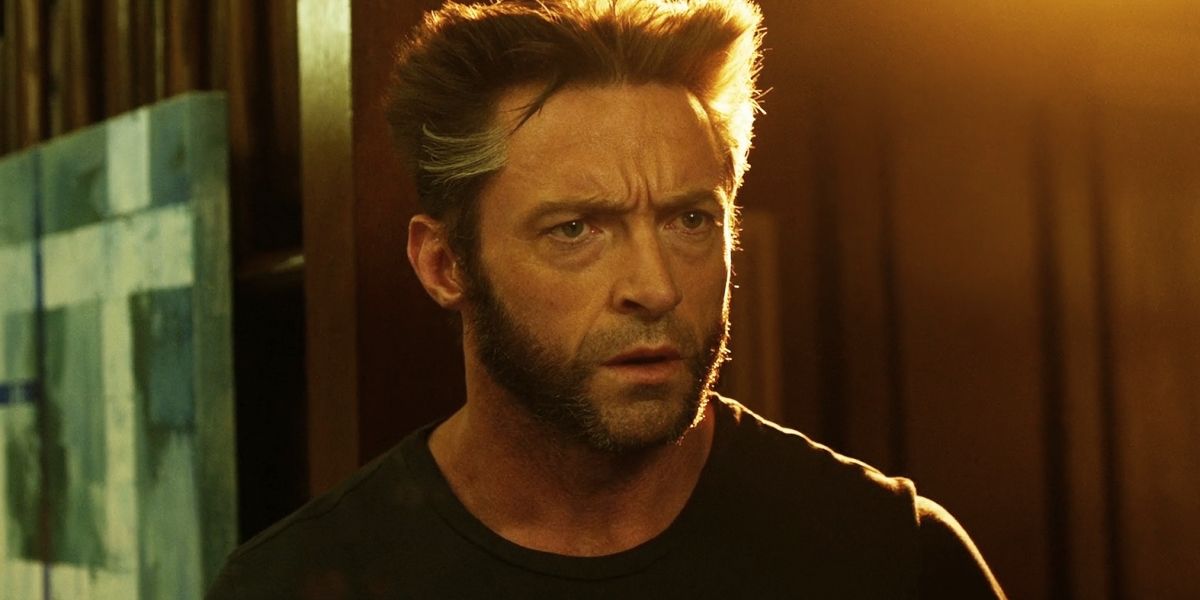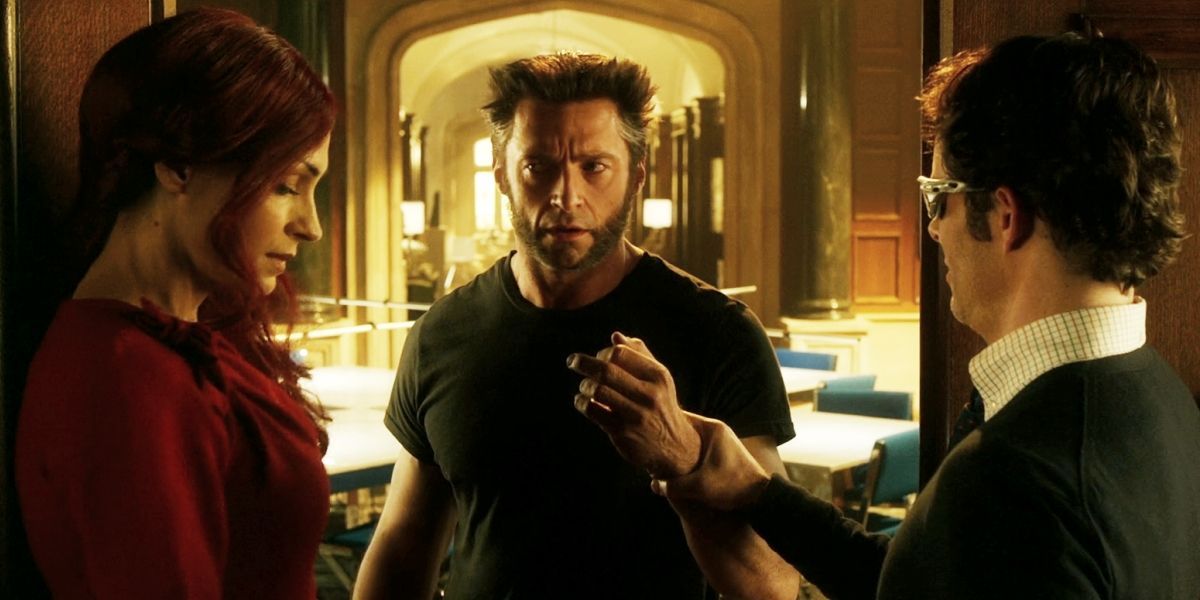They may have broken down walls in Hollywood as the first certified superhero blockbuster, but the X-Men series has seen more highs and lows than most movie franchises ever endure. But the future looks brighter than ever, with a younger cast of heroes set to battle the comic team's greatest foe in X-Men: Apocalypse. But when you realize that it's the same man who launched the series who is now undoing his past films, the miracle Bryan Singer and Fox have pulled off starts to come into focus.
After the X-Men proper fell into trouble in their third outing, and an origin spin-off with its most popular hero fell even farther, plenty called for the series to be put on hold indefinitely. Instead, they tried something different: an origin story of the team, starring lesser-known mutants, and incredible actors on the rise. With a more intimate story, intimate scale, and a different director, no fan could've guessed what was to come...
In short: time travel. On a larger scale, a trip through time was the bridge needed to link the original films and the new origin story. But with Apocalypse keeping the spotlight on the new class, Fox and Singer have done the impossible: a reboot without any of the risks or fan backlash that usually brings. And to make thing better, he even gave the original heroes a happy ending in Days of Future Past's closing scenes. Or did he?
It turns out the timeline is nowhere near as clear as fans may have assumed - a fact explained to us by Singer himself during our Apocalypse set visit in July. And according to his candid explanation, no matter what Days of Future Past seemed to imply, the future is still very much in flux... and nobody is safe.
The X-Men Timeline That Was
Since it began over a decade and a half ago, it's safe to assume most comic book movie fans are aware of the original take on the X-Men. The live-action versions weren't a hit with every fan, particularly as they diverged from their comic source material as the fan adoration of (or indifference to) certain characters took hold. Wolverine (Hugh Jackman) became the star of the team, even if Cyclops (James Marsden) was still technically leading. Even so, it was a better fate than fan-favorite heroes like Storm, Rogue, or Colossus got.
It's clear Singer was the creative force keeping things in check, as X-Men 3: The Last Stand and X-Men Origins: Wolverine struggled with both fans and audiences. Not to mention the multiple plot holes and inconsistencies introduced as a result of their disparate plots. But all else paled in comparison to the personal drama and loss throughout the team. Jean killed Scott, Rogue and Iceman couldn't make things work, Mystique was abandoned by Magneto, and the former villain's powers were lost to a mysterious 'cure' (or were they??).
Delivering blow after blow to fans wasn't guaranteed to doom the franchise, but the apathy among audiences was enough to guarantee that a blockbuster future was no longer likely. That was, until X-Men: First Class came along.
It shouldn't have worked: prequels, origin stories (to which the endings are already known), and re-casting roles made famous by some of Hollywood's biggest stars should all have spelled disaster. But miraculously, First Class pulled off the challenge. James McAvoy, Michael Fassbender, and Jennifer Lawrence were just three young actors who would soon have fans debating which were the better X-Men: the old guard, or the new class?
But it wasn't yet a shared universe: First Class was advertised as the story of how Professor X and Magneto first met, aligned as friends before becoming enemies, and delivered exactly that. The timeline remained intact, with the audience alone in seeing how small decisions, betrayals, and blind luck would set events and relationships from the original movie in motion. But there was a larger problem.
For the studio, there was a choice to be made: continue with the less-successful but promising younger heroes - on their way to a destination we've already seen - or use the renewed interest to give the older team a new adventure (the ones who hadn't been killed or de-powered). First Class director Matthew Vaughn and Bryan Singer came through with an answer that could use both in tandem: a time travel story pulled from the comics, known as "Days of Future Past."
The Birth of a Brand New Timeline
We're going to skip by the obvious time travel question - what happens to the actual characters who manage to change the past that created them - at this point and zero in on exactly what Days of Future Past did to the movie timeline (as best as we can figure). To keep things simple, the original movie timeline birthed a terrible future where mutants were wiped off the face of the Earth (and civilization along with them); the same future that awaited the stars of First Class decades in the past.
Deciding that Earth's fate couldn't actually get worse, Professor X and Magneto determined that the only answer was to change the past, and make sure that their younger selves would not follow the timeline they now looked back upon. Wolverine became the man for the job, and the younger rivals played their roles to perfection. With the job done, Wolverine returned home... but not the same one he left.
Fans called it a brilliant twist, an undoing of lackluster films, a total blank-slate reboot, or a cheat on Singer's part, but we'll just call it the happy ending every fan could have hoped for. Returned to the Xavier Mansion in New York, it appeared that none of the terrible events of the first three films ever occurred. Jean and Scott were alive and in love, just like Iceman and Rogue, and children once again happily roamed the halls.
It was a reboot unlike any movie series had accomplished to that point, and the message seemed clear: Bryan Singer now had the chance to start all over, creating new adventures with the older X-Men with the ability to 'do it right' this time around. But as Apocalypse revealed, that's not the case at all. Singer explained to us why the message of Days didn't come in the final scene, but in a quantum physics discussion much earlier on:
"Again, f*cking with the reboot idea: I get to take control and reboot my own movie. I rebooted the universe so now anything can happen. So here's the plan, in my head... What happens when you use Days of Future Past to erase movies like X1, 2 and 3 - yes you can erase those events that occurred - but I also was very adamant... to make sure we have that Beast/Hank McCoy talk about the theory of time’s immutability, because that defines what I’m doing with this universe and with these prequels to X1, 2 and 3. Which are erased? Or are they not? Does that make any sense?”
Next: New Timeline's Future & Happy Ending Undone?
How Does The New Timeline Connect To the Old?
From a bird's eye view, it's obvious that the future which will follow Days' version of 1973 will be a different one - that's kind of what happens when a mutant tries to assassinate the president, and is saved by another, blue-skinned mutant and a telepath. In fact, there's reason to believe that it was Wolverine successfully changing the timeline which unleashed Apocalypse on the world (but that's a whole other story and one that takes its cues from the comics).
Whatever the case, Apocalypse is clearly making things worse before they get better. Heroes who should have found their way to the X-Men, like Storm (Alexandra Shipp) and Angel (Ben Hardy), have instead joined forces with a mutant bent on global domination, making the decades of relative peace (before absolute destruction) enjoyed by the original cast seem almost preferable.
But for a timeline which should, according to the previous film's plot, be completely divorced from the original version, plenty of similarities are taking shape. James McAvoy's head is becoming as bald as Patrick Stewart's, for one, while Jean (Sophie Turner) and Scott (Tye Sheridan) are once again meeting at the school. According to Singer, the similarities are no accident: but don't assume they mean the characters are still headed to the place fans might expect:
"The point is time's immutability. The idea that time is like a river. You can splash it, and mess it up, and throw rocks in it, but it eventually kind of coalesces. And this is, again, theories of quantum physics. It's all based in quantum physics. So what I'm doing with these in-betweenqueels is playing with time's immutability and the prequel concept, meaning that: yes, we erased those storylines, and anything can happen.
"That means the audience goes into the movie thinking that anything can happen. I mean anything, anyone could die. Any possibility could occur... but characters are still moving towards their immutable place... Time can always be f*cked with, we've now learned that. We've now learned that once you alter time, that could be the future. But I don't believe - if you look at all the X-Men movies and Days of Future Past - I don't believe that's definitive."
The theory that time "wants to happen," or is, in Singer's words, "immutable" is one familiar to any fan of time travel science fiction. It states that no matter what changes are made by characters with knowledge of the future, those original events didn't play out the first time by total chance. It was a story concept developed by Bryan Singer and writer Simon Kinberg, who we also spoke to about the implications such an idea would have on the original movie series. The one question above all else was the most obvious: are these young characters headed to a future that X-Men movie fans haven't seen a glimpse of yet?
While Kinberg remained predictably vague in his explanation, repeating Singer's claim that time is as hard to stop as a flowing river, he did give some conflicting ideas about the fate of Apocalypse's characters. More specifically, if appearances by Storm, Cyclops, Nightcrawler, etc. at an adult age meant they would survive to reach the same point (making them immune to Apocalypse's plan).
Thankfully, when Singer heard of Kinberg's non-committal response, or implication that some characters were safe, he gave a much more direct response:
"I'll kill any of those characters any day I want. They're all fair game. Anything can happen... Jean and Scott, are they meant to be together? Is Scott this guy who hates schools, who hates authority, destined to become a leader? You don’t know. Is Jean ever going to discover the full potential of her power? You don’t know.
"We move in those directions character-wise, but then we have the freedom story-wise to do whatever the f*ck we want because we erased those three movies. So it’s an amazing opportunity. It’s an amazing filmmaking opportunity that nobody has done... well, I did it with Days of Future Past, and it enables me to do that. I can do anything I want."
Next Page: Was The Happy Ending Not Real After All?
Was The Happy Ending Not Real After All?
In Kinberg's defense, one would think that delivering such a happy ending in Days of Future Past, then immediately undercutting it wouldn't make much sense. But to even make sense of that final scene, fans need to delve into some seriously cloudy areas of time travel theory. After all, Wolverine's return to the happy future ends with Professor X "welcoming him back" - implying that this Xavier is either a) the original Xavier (Stewart), waiting for the moment Wolverine would return from changing the past, or b) the same Xavier he left behind in 1973 (McAvoy), having been waiting for the same moment.
The film doesn't explicitly state which, but we assume it's the latter, since just picturing the future literally warping around the older heroes makes our brains ache. But if it's the young Xavier Wolverine meets, then the future has been rewritten from the exact point his consciousness returned to the future. That assumes that only one timeline still exists, and worked out beautifully post-Days... which makes Apocalypse's appearance a bit of a question mark.
If it's still one timeline we're seeing play out in past and future, then showing that Scott, Jean, Beast, etc. all survive Apocalypse seems to contradict Singer's claim that anything goes. It's not a question we're going to see answered definitively, now that time travel has been added to the series, but Singer did put the mind-bending quantum physics of Wolverine's happy ending into simpler terms:
"When two things are happening simultaneously in quantum physics it's what's called the Super Position, and when the Observer finally observes the outcome, that's called the “Collapsing of the Super Position.” Which is what happened when Wolverine woke up and saw all the happiness. So yes, that is the outcome we hope for, that is the outcome we aspire to, and that's the outcome we are moving towards."
In speaking with both Kinberg and Singer, two things became clear: first off, that the lack of concrete details or insight into mutantkind's new history offered in Wolverine's return was intentional. And secondly, that the conclusion is intended to give the character and story some closure, and a well-earned send-off (even if it only exists in some abstract sense, as one possible outcome that could have happened). But as Days of Future Past repeated in its closing moments, "time is never truly set."
The statement implied in that line, of course, being that if someone figured out how to change the past, someone else might repeat the task. Even if the director revealed his ideal ending already, planting the seeds for infinite reboots gives fans of both casts something to hope for, should disaster strike the past... or the future:
"We saw in Days of Future Past another dark world. What says that can't happen again? What says the awakening of a being that has such power, can't acquire the power to destabilize that? So anything is possible. That's what we'd like to think happened, that's what Simon would like to think is a good outcome, but to me it's fair game."
What do you think of Singer's comments? Do you think that the X-Men's "happy ending" will remain the conclusion being built toward for Fox's shared universe? Or do you hope to see even more time travel and rebooting to keep the series fresh? Be sure to sound off in the comments, and let us know your own theories for what's to come in X-Men: Apocalypse and beyond!
Next: Bryan Singer Teases X-Men: Apocalypse’s Alien Connections & Future
Deadpool opens in theaters February 12, 2016; X-Men: Apocalypse on May 27, 2016; Gambit sometime in 2017; Wolverine 3 on March 3, 2017; and an unannounced X-Men film on July 13, 2018. The New Mutants is also in development.

